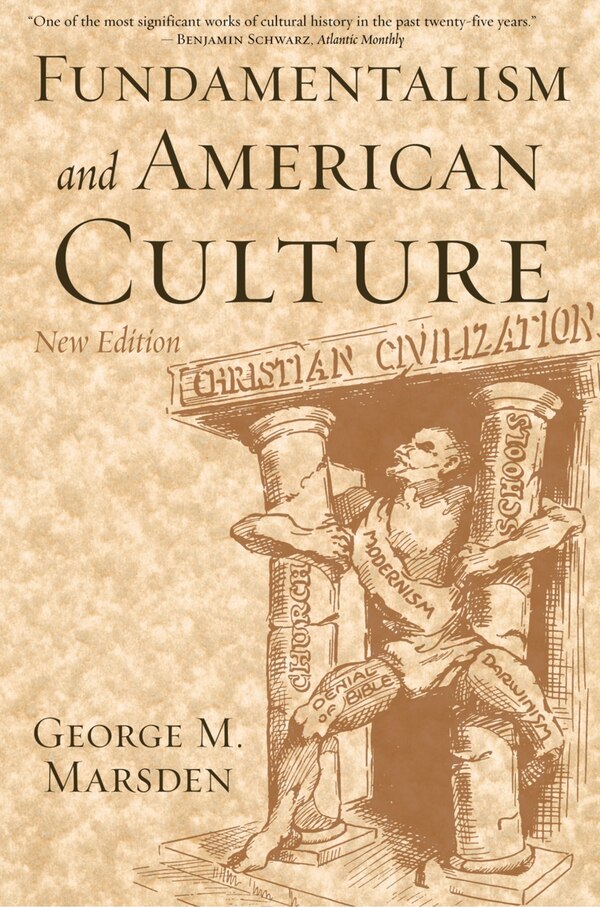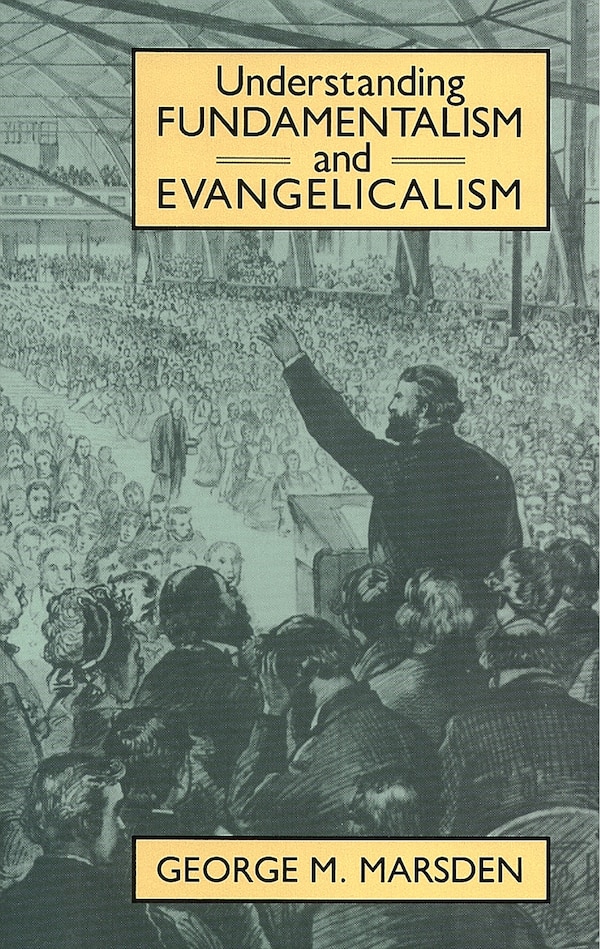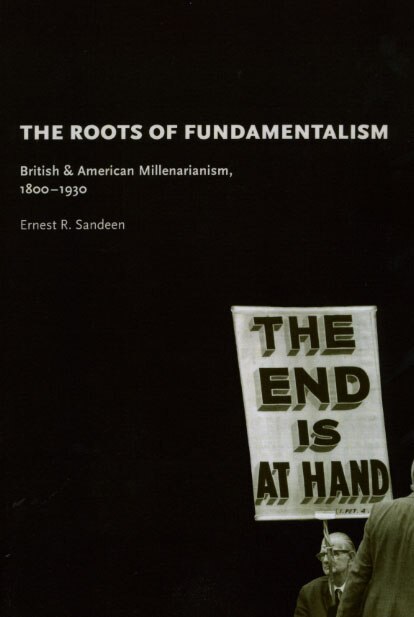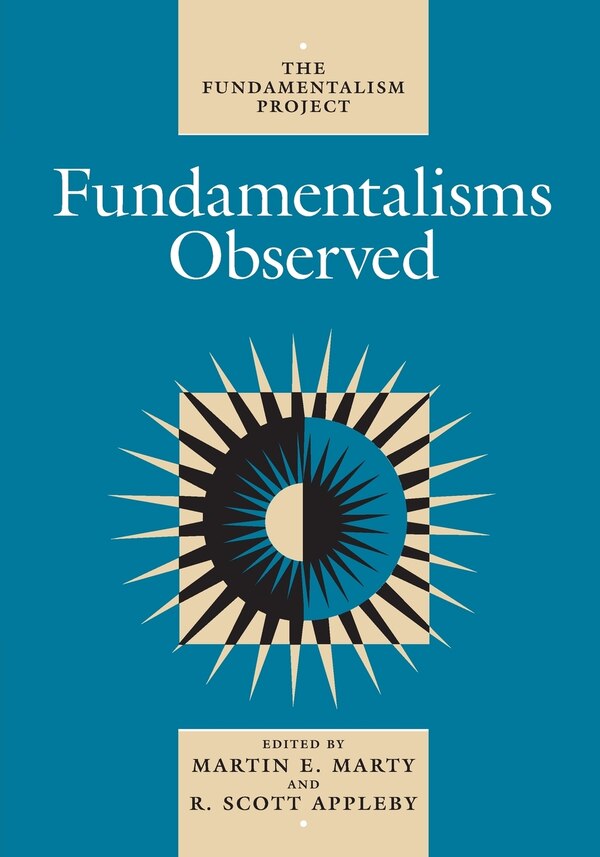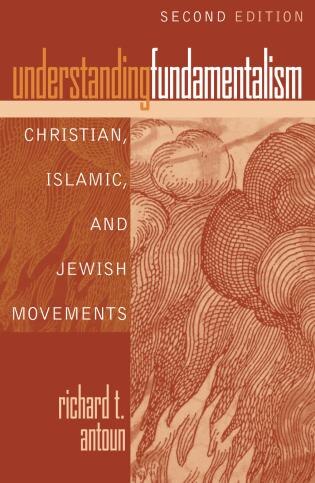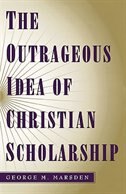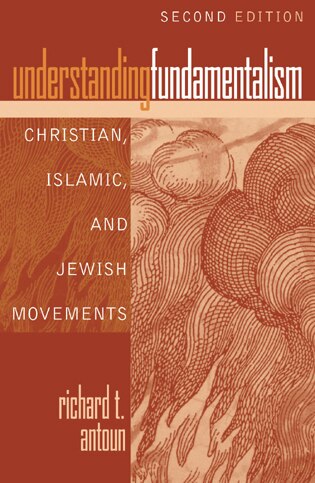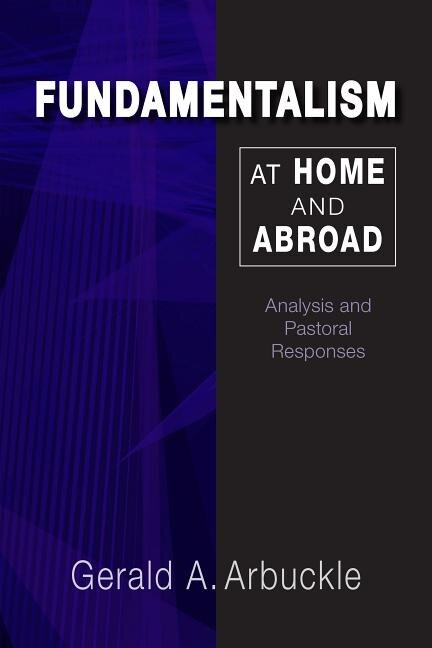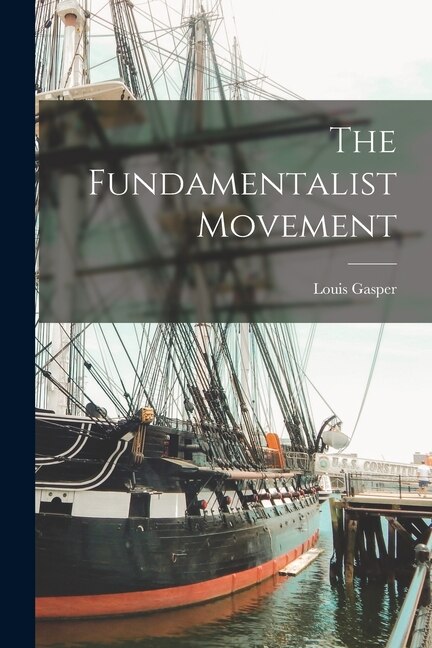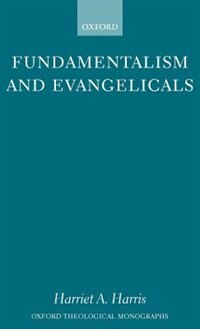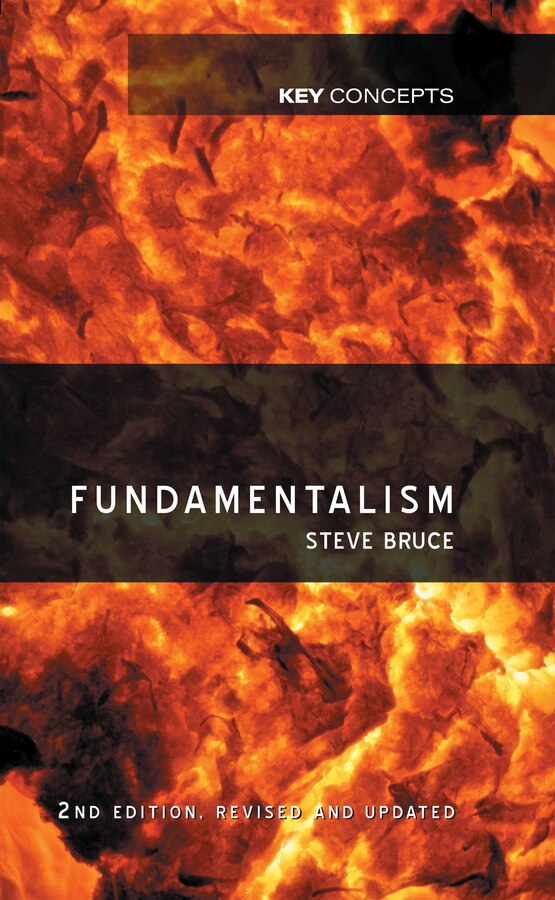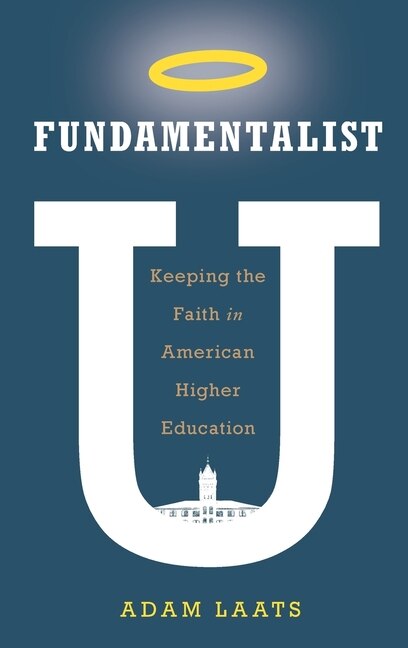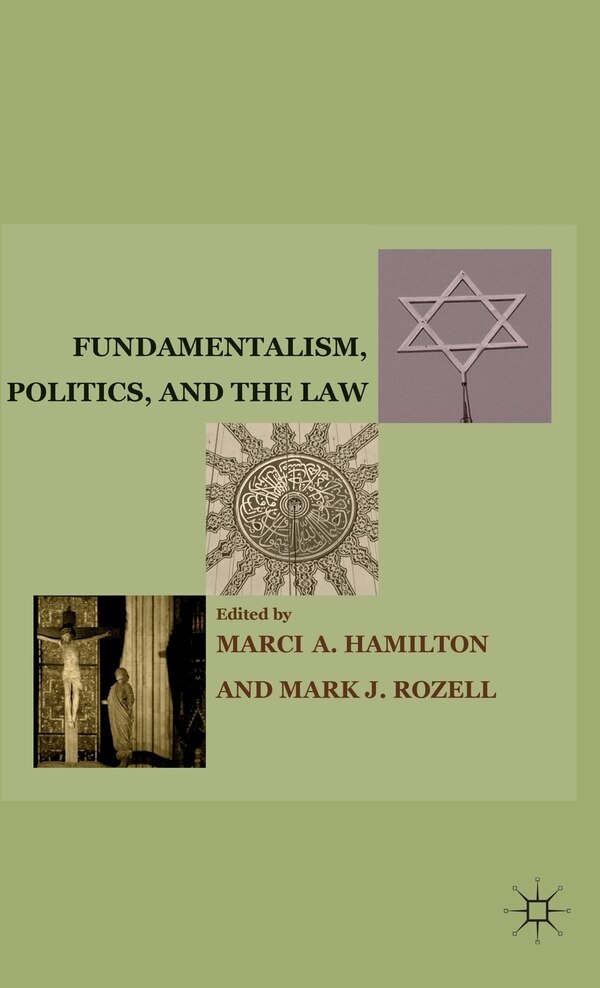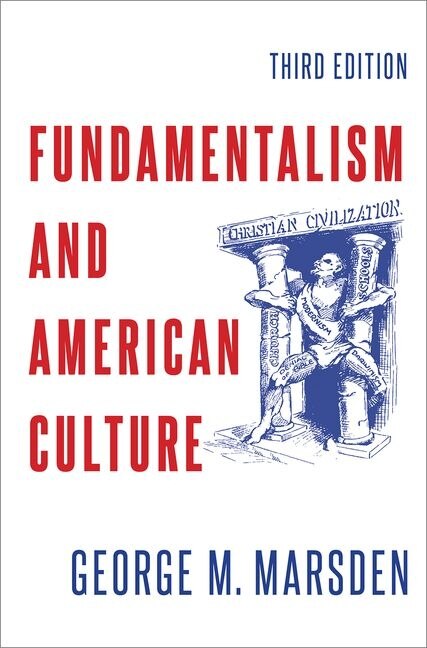
Compare Fundamentalism And American Culture by George M. Marsden, Paperback | Indigo Chapters
George M. Marsden
$30.50
Fundamentalism and American Culture has long been considered a classic in religious history, and to this day remains unsurpassed. Now available in a new edition, this highly regarded analysis takes us through the full history of the origin and direction of one of America's most influentialreligious movements. In the twenty-first century, militantly conservative white evangelicals have become more prominent than ever in American life. Marsden's volume, which now takes the history through the end of the Trump administration, remains the essential starting point for understanding the degree to which thatmilitancy has been shaped by the fundamentalist heritage of the twentieth century. For Marsden, fundamentalists are, in the broadest sense, conservative evangelicals who are willing to take a stand and to fight. Yet their militancy needs to be understood in the light of some specific aspects of their heritage. In the late nineteenth-century, American Protestantism was graduallydividing between liberals who were accepting new scientific and higher critical views that contradicted the Bible and defenders of the more traditional evangelicalism. Often the "traditionalists" were also innovators in affirming apocalyptic prophesies of the imminent destruction of moderncivilization and the return of Christ. By the 1920s, a full-fledged "fundamentalist" movement had developed in protest against theological changes in the churches, the teaching of biological evolution in schools, and changing mores in the culture. Fundamentalists often were conflicted by impulses toseparate from condemned modern culture or to take back America as a Christian nation. Even with such tensions, fundamentalists built networks of evangelists, Bible conferences, Bible institutes, and mission agencies. These coalesced into major religious movements that proved to have remarkablestaying power. Beginning in the 1970s, fundamentalist impulses led to increasing overt political mobilization and the rise of the religious right. In the twenty-first century, militant fundamentalist zeal to preserve Biblicist doctrinal and behavioral purity in churches remained strong, but oftenwas overshadowed by more widely popular impulses of Christian nationalism and political partisanship. | Fundamentalism And American Culture by George M. Marsden, Paperback | Indigo Chapters

